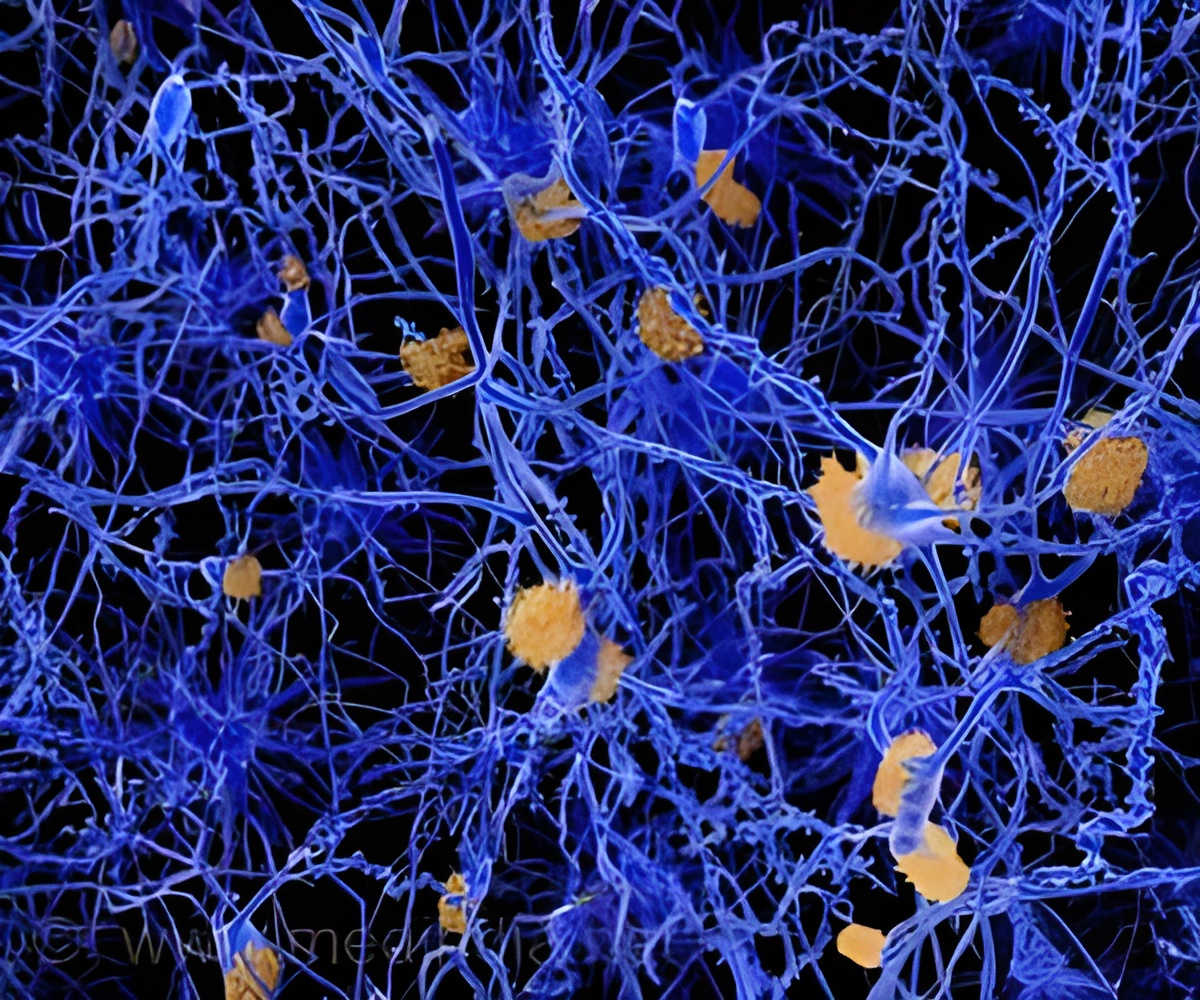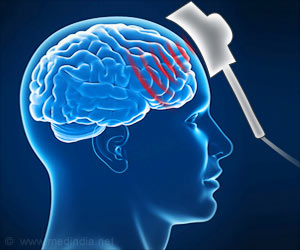Scientists have used transcranial magnetic stimulation to prevent fear memories from preventing.

‘Scientists use TMS (Transcranial Magnetic Stimulation) to "erase" the fear induced by a negative memory.’





CAN MEMORIES BE ALTERED? The primary focus of the research group is the process of reconsolidation. This process maintains, strengthens, and alters those events that are already stored in our long-term memory. "Every time an event is recalled in our memory, there is a limited period of time in which it can be altered", explains Simone Battaglia, researcher and co-author of this study. "The protocol we developed exploits this short time window and can, therefore, interfere with the reconsolidation process of learned aversive memories".
With an electromagnetic coil placed on the head of the participant, TMS creates magnetic fields that can alter the neural activity of specific brain areas. TMS is a non-invasive procedure that does not require surgery or any action on the participant and for this reason is widespread in research as well as in clinic and rehabilitation programmes.
"With TMS, we could alter the functioning of the prefrontal cortex, which proved to be fundamental in the reconsolidation process of aversive memories" says Sara Borgomaneri. "Thanks to this procedure, we obtained results that, until now, were only possible by delivering drugs to patients".
THE TRIAL
Advertisement
"First, we created the aversive memory by combining an unpleasant stimulation with some images", explains Borgomaneri. "The day after, we presented a group of participants with the same stimulus, which, in their memory, was recorded as aversive. Using TMS immediately afterwards, we interfered with their prefrontal cortex activity".
Advertisement
At that point, the only thing left to do for researchers was to evaluate the effectiveness of TMS. They waited for another day and once again tested how the participants reacted when the aversive memory was recalled. And they obtained encouraging results. Participants who had their prefrontal cortex activity inhibited by TMS showed a reduced psycho-physiological response to the unpleasant stimulus. They remembered the event (explicit memory) but its negative effect was substantially reduced.
"This trial showed that it is feasible to alter the persistence of potentially traumatic memories. This may have crucial repercussions in the fields of rehabilitation and clinical medicine", says Professor Giuseppe di Pellegrino, who coordinated the study. "We're dealing with a new technique that can be employed in different contexts and can assume a variety of functions, starting from treating PTSD, which will be the focus of our next study".
Source-Eurekalert













